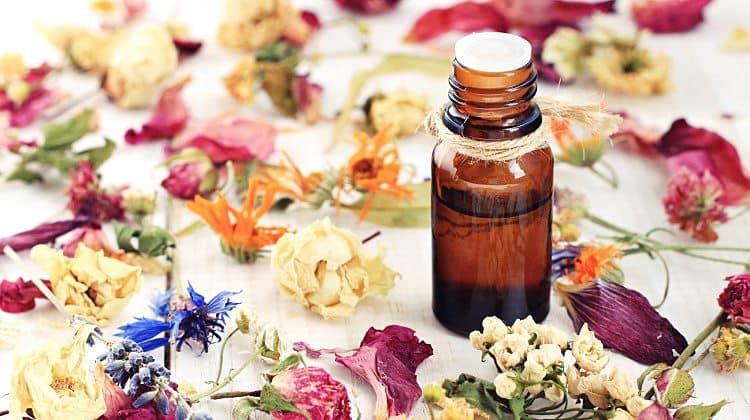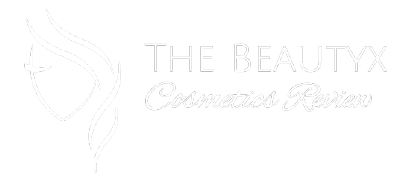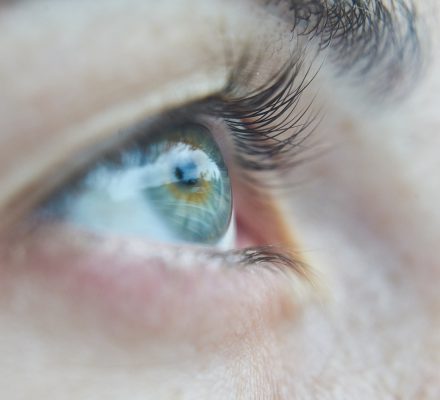Hydrolates are great cosmetics for skin and hair care. They contain natural ingredients, they are safe and effective. They have a specific action tailored to each type of skin. How to use them, what properties do they have and what are their types?
 What is a hydrolate?
What is a hydrolate?
Hydrolat is a plant-based water, most often floral. Interestingly, it is a by-product formed during the extraction of essential oils in the steam distillation of whole plants or parts thereof. The hydrolyzate contains water-soluble plant substances and very small amounts of essential oil. It has a delicate fragrance, care properties and a pH close to human. It can be used directly on the skin without prior dilution.
Did you know that:
- the water you mix with the essential oils will not have the same properties as the hydrolate;
- hydrolyses should be stored in a refrigerator?
Hydrolate in skin care
Hydrolates will replace other skincare cosmetics. You can use them instead of: toners, scalp and hair mists, scalp lotions, facial masks or homemade cosmetics. Hydrolates will effectively take care of your skin and hair and will enrich other care products.
Types of hydrolates
1. Witch hazel hydrolate has a wide range of uses:
- cleanses and shrinks pores of oily skin, it has antibacterial and anti-inflammatory properties;
- protects sensitive and allergic skin from irritations;
- accelerates the healing of burns;
- helps in the fight against dandruff and relieves irritation of the scalp.
2. Rockrose hydrolate takes care of the complexion:
- it cleanses and tightens skin pores;
- it brightens hyperpigmentation;
- it reduces dark circles and puffiness under the eyes;
- it heals microdamage of the skin;
- it inhibits minor bleeding.
3. Rose hydrolate doesn’t only smell good but also:
- provides antiseptic, antibacterial and anti-inflammatory properties;
- relieves swelling under the eyes;
- strengthens the walls of blood vessels;
- smoothes, firms and refreshes the complexion.
4. The mint hydrolate takes care of the skin and hair:
- heals inflammations of acne skin;
- cleanses and provides anti-bacterial and anti-inflammatory effects;
- accelerates the healing of minor wounds;
- stimulates hair to grow.



Leave a Reply